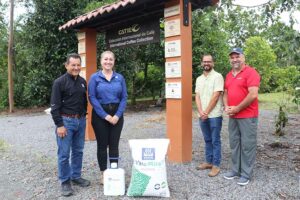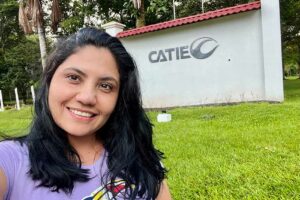Milk: food and global economic activity
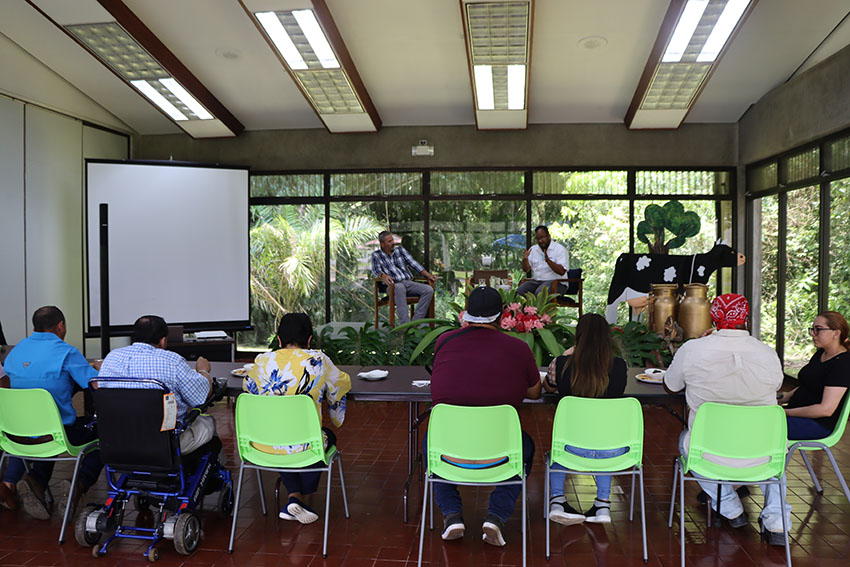
- On June 1, the world and CATIE celebrate World Milk Day to address issues related to dairy production and milk consumption.
June 1, 2022. World Milk Day, a date proclaimed by the Food and Agriculture Organization of the United Nations (FAO), is celebrated every June 1 with the aim of highlighting the importance of the dairy sector around the world and encouraging milk consumption worldwide. A glass of milk provides approximately 30% of the recommended daily dose of calcium, an essential element for bone formation and development. It contains nutrients necessary for life and fatty acids, carbohydrates, proteins and water, making it an almost perfect food.
The dairy sector in Latin America makes an important contribution to the region's economy, to the production and export of animal products of high nutritional value, as well as to the food and nutritional security of urban and rural communities. Most farms are organized on the basis of the work and presence of the producer family in productive activities and around them a diverse industry is developed, which covers practically all the countries of the world, generating jobs and welfare to society within the global food system. The value of milk production, of the total agricultural production, is estimated to represent between 8.5-10.5%.
In the Central American region, dairy farming is mostly carried out on small farms, many of which make an important contribution to the creation of family employment that integrates women and young people, making the role of this population in production more visible and contributing to narrowing the gender gaps in the Latin American rural sector through the empowerment of women.
"Despite the importance of the dairy business, there are significant challenges and uncertainties, such as the persistence of high input prices for milk production (a result of COVID-19 and the Ukraine-Russia conflict), which increases fuel prices and drives up the exchange rate. In addition, many medium and small producers depend on external inputs to maintain their production, which affects their profitability and productivity indicators. This is aggravated by trends in climatic anomalies (drought, floods, and extreme temperatures) that compromise future production," said Felipe Peguero, researcher at the Livestock and Environmental Management Unit (GAMMA) of CATIE (Tropical Agricultural Research and Higher Education Center).
In order to address these challenges and uncertainties, CATIE held an exchange of experiences on June 1 at its dairy with milk producers in Turrialba and Cartago, in Costa Rica, important sites for milk and cheese production in the country.
Through this exchange, participating dairy farmers learned about good farming practices, including pasture and tree management, herd management, as well as environmental and climatic aspects related to milk production.
According to Claudia Sepúlveda, CATIE's GAMMA leader, the purpose of promoting good silvo-pastoral practices and technologies in dairy farming is to produce safe, quality milk from healthy animals in harmony with the environment and care for natural resources.
"We shared with milk producers about good practices and opportunities for dairy production improvement through a practical exercise at CATIE's dairy farm. This was a way to commemorate the importance of the activities carried out in the dairy sector," said Alejandro Molina, CATIE's dairy farm manager.
In addition, the producers participated in a conversation in which they discussed actions to improve the efficiency of dairy production systems and a talk on the role of women and youth in dairy production activities.
"The exchange of experiences was very interesting because we learned about your research and the experience of other fellow producers. In my personal case, I studied Agronomy in the 80's, my father did not want me to study Agronomy because he thought it was not a career for women, but with time he realized that I could help him, I was his right hand for several years. I have encountered a lot of machismo in this job, when I started in the dairies, in order for the employees to follow my instructions I had to show them in practice that I knew and had the technical knowledge of how the activities were done. Today, my husband and I work the farm; I am in charge of all the production and reproduction and he is in charge of the silos and bales, the employees and the maintenance of the paddocks," said Silvia Ivankovich, a milk producer.
Froylan Garita, a participating dairy farmer, said that it was a very profitable space because he learned and got to know other experiences, which he can apply on his farm to improve his productive activity.
Another objective of the exchange was to share with the farmers that milk production can be sustainable and profitable, looking at the actions and practices implemented at CATIE's dairy farm.
"There are a number of strategies to achieve greater sustainability in a cost-effective manner. Silvo-pastoral systems have proven to be a viable strategy to improve economic, environmental and social indicators, in addition to providing benefits to reduce climate change impacts related to greenhouse gas emissions and carbon sequestration benefits in the atmosphere. In general, CATIE promotes good practices, which should cover areas related to soil management, water resources, protection of forest areas, manure management, animal health and nutrition, animal welfare, milking hygiene and socioeconomic management of the activity," said Sepúlveda.
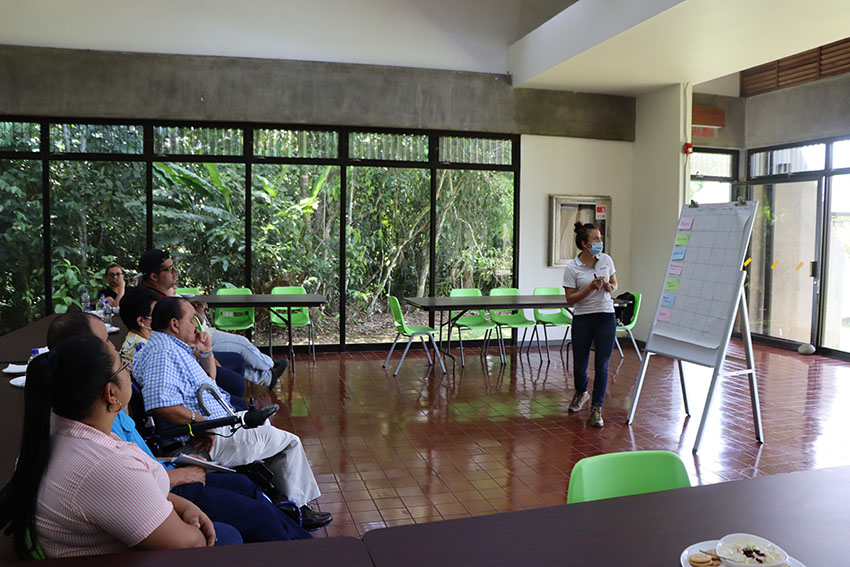
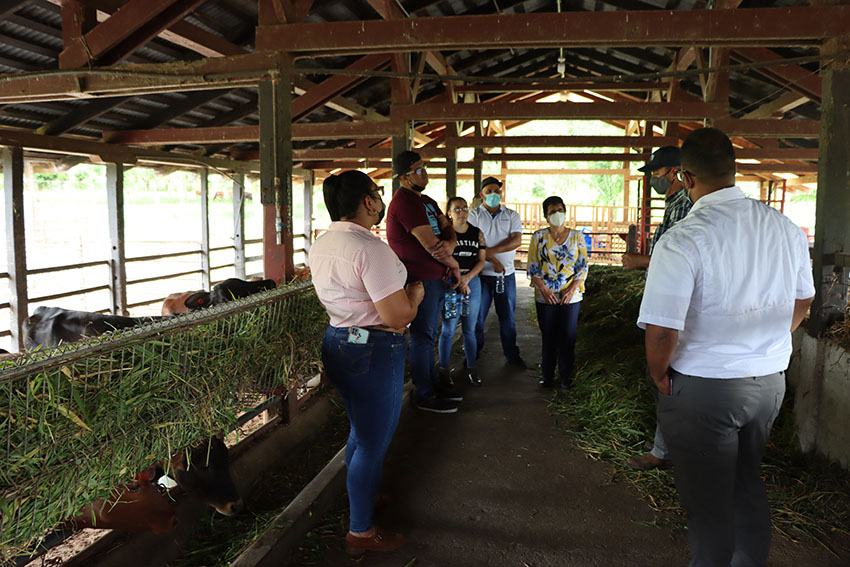
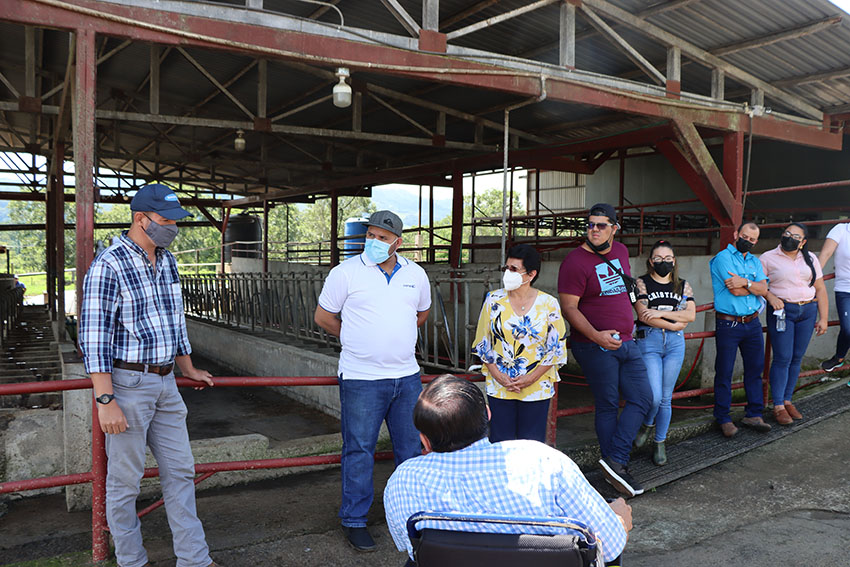
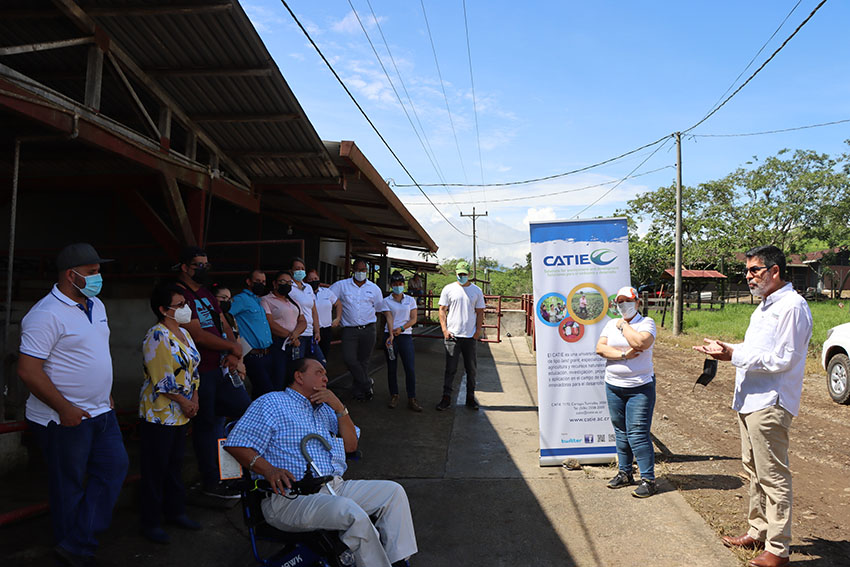
More information:
Claudia J. Sepúlveda L.
Leader
Livestock and Environmental Management Unit
CATIE
Written by:
Karla Salazar Leiva
Communicator
Information Technology and Communication
CATIE

